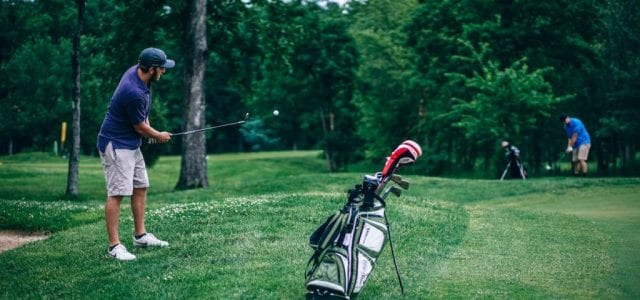
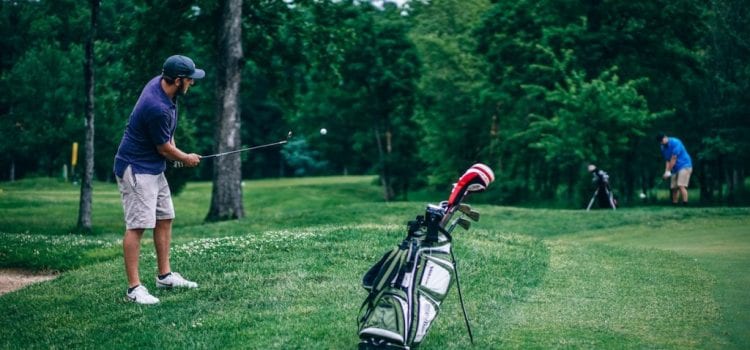
5 Best Steps to Golf Conditioning – Part 2 of 5: Stability
High School GolfLEVELUP INSIDERS April 10, 2018 Joe Rosenthal 0

What is Golf Conditioning? Part 2 of 5 by SportStars INSIDER, Joe Rosenthal
What else is out there to make this great game a little more enjoyable— swing lessons? New clubs? gadgets? The answer is your own body. Here are 5 Best Steps of Golf Conditioning.
5 Best Steps to Golf Conditioning…
If you think about it, your body is the most valuable asset you own. If you’re hurt, sick, or can’t move well, you won’t be able to get much accomplished.
And that goes for playing golf well too!
This 5 part series will explain what golf conditioning is and how warm-up and cool down, stability, mobility, strength, and power can enable you to be happier and more successful on the golf course.
Stability
As of February 18th, 2018 the top 75 fastest club head speeds on the PGA Tour are no slower than 115 mph. The top 15 fastest club head speeds range from 120-125 (1)…now that’s fast!
We all want to swing that fast, but do we have the physical building blocks to withstand those speeds? If we don’t have a solid base of support, we will never be able to reach those numbers. This is where stabilization comes in!
Stability in the body is defined as the ability to maintain control of joint movements or position by coordinating actions of surrounding tissues and the neuromuscular system.
(2) What does that mean? It’s basically stating that when we move, we do so in a manner that is controlled by muscle groups to perform that motion.
To break it down even more, we will discuss the two primary types of stability:
Static Stability
Maintaining a specific posture with control and without wavering ie.) Single leg balance or performing a plank.
Dynamic Stability
Maintaining control and coordination of an active motion throughout the entirety of the move ie.) Walking or…swinging a golf club!
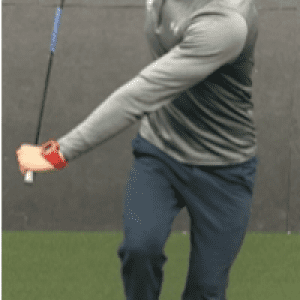
Dynamic Stability
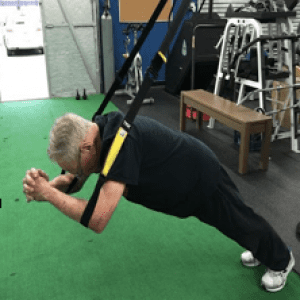
Static Stability
…
How do we use these different types of stability throughout the golf swing?
A big concept that golfers need to understand, and more importantly perform, is disassociation (separation) of the upper body from the lower body.
When we start the swing and draw the club into the backswing we need stability in our hips so we don’t over rotate or reverse pivot. At the same time the upper body is rotating we need to control that rotation with our core stabilizer muscles.
This is disassociation! Now comes the down swing. We initiate the downswing with our lower body. At this time we are using dynamic stability to make sure our hips stay in the correct position.
Lastly, the upper comes down to impact and through the ball. This is where a lot of us go wrong. We lose our posture through the swing due to a loss of stability through the hip, core, and shoulder stabilizers.
Let’s use an analogy to better understand stability.
The tallest building in the world is the Burj Khalifa in Dubai, United Arab Emirates (featured above).
It’s a beautiful building!
And yes, very tall. If this building was not built on a proper foundation it would be on the ground and lots of people would be in trouble.
Now let’s equate this to our body. Putting our body into a good position at the top and swinging with lots of speed is the beautiful part of the golf swing…just like the tall building.
But if we do this without a proper foundation of stability we will injure ourselves or flat out not be able to perform to the best of our ability…cue the building falling over!
This is a broad example of how instability can affect how we play.
Three most important areas of the body for a golfer:
The three most important areas of the body for a golfer to stabilize are the hips, core, and shoulders.
I have worked with golfers like Brooke Yi from Amdaor Valley and Derek and Tavin Heisig, and Annie Liu, each from Foothill as well as others from all over the EBAL, MVAL as the aging golfers.
These are my go-to exercises for everyone looking to improve stability in their golf swing.
Hip Stability: Flow Row
Core Stability: Dead Bug
Shoulder Stability: Goal Posts
Sources:
More to come so stay tuned!
Joe
[bsa_pro_ad_space id=1]

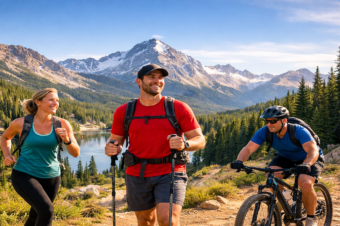

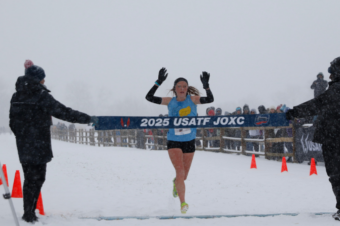
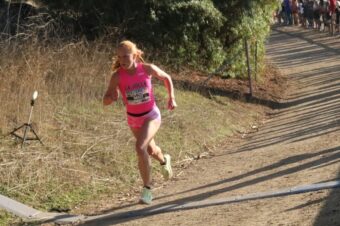


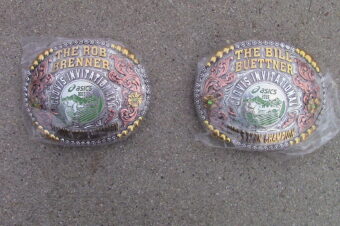
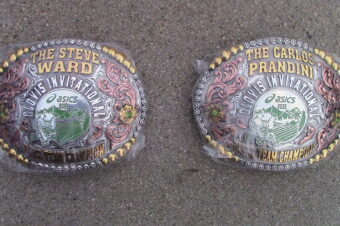
No comments so far.
Be first to leave comment below.